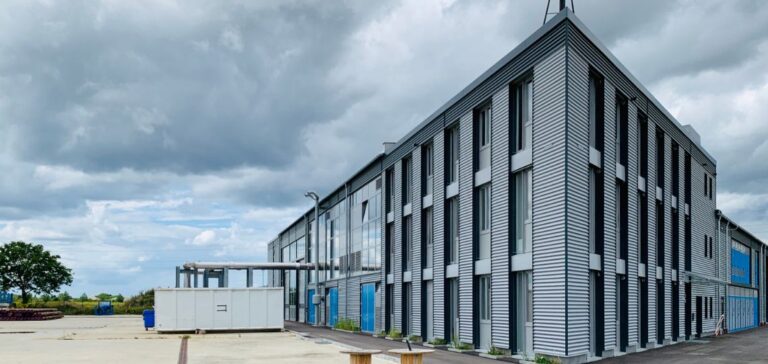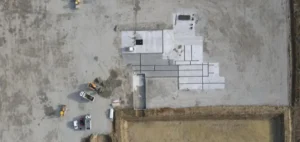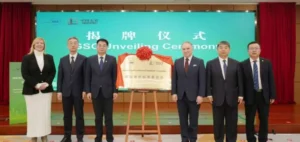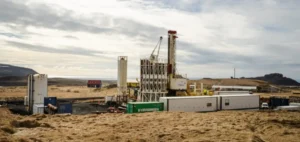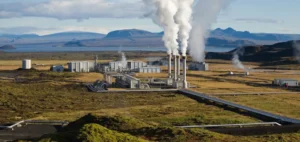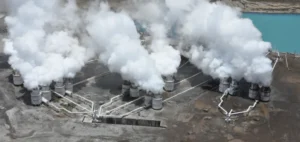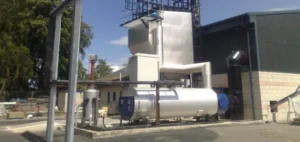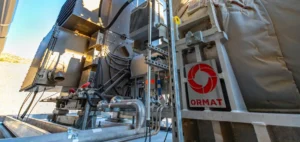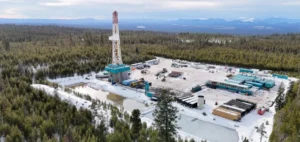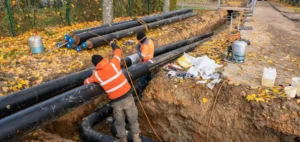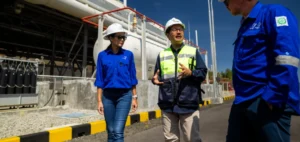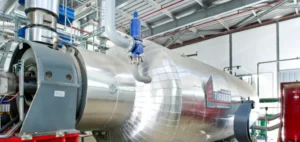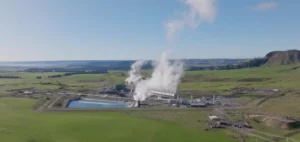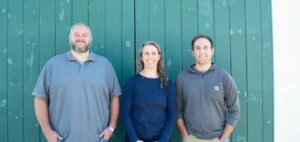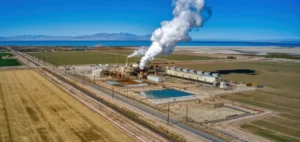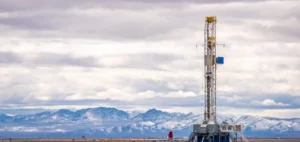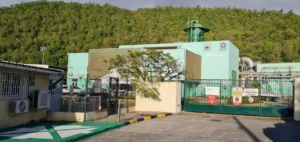GeoEnergie Taufkirchen (GET) has signed a contract with BioEnergie Taufkirchen (BET). The aim is to supply 21,000 MWh of geothermal heat per year until 2033. This partnership supplies heating to several communities in Munich’s southern district. It also offers them a sustainable solution to the region’s and the country’s energy needs.
Objectives and impact of the agreement
According to GET Managing Director Thomas Hümmer, the aim was to supply renewable energy at low, stable tariffs to as many citizens and businesses as possible. With this contract, GET guarantees a long-term sustainable supply of renewable energy, minimizing the region’s carbon footprint.
Operations and technical synergies
GET’s geothermal plant, operational since 2013, injects heat into the district heating networks of Gemeindewerke Oberhaching (GWO) and Stadtwerke München (SWM) for BET. GET shareholders include GWO, BET, Geysir Europe GmbH and Taufkirchen Holding GmbH & Co KG. This reflects the strong collaboration between various key players in the renewable energy sector.
Contributions and future developments
Stefan Birle, Managing Director of BET, emphasized the success of the negotiations, which resulted in a long-term heat supply contract crossing municipal boundaries. This cooperation illustrates both entities’ commitment to the energy transition and the reliable supply of renewable energy.
BET’s energy outlook
BET operates a biomass cogeneration plant using regional wood waste and wood chips, mainly from the surrounding forests. BET produces around 25,000 MWh of green electricity and 100,000 MWh of green heat annually thanks to cogeneration. The company is making a significant contribution to the region’s energy transition.
The agreement between GeoEnergie Taufkirchen and BioEnergie Taufkirchen marks an important step towards sustainable energy management in Germany. On the other hand, this initiative not only supports local ecological objectives


